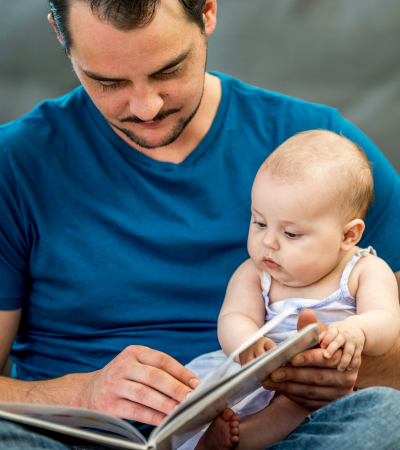Menu
-
- Valentine's Gifts
- Lunar New Year Gifts
-
Shop Gifts By Age
- Gifts For a 0-6 Month Old
- Gifts For A 6-12 Month Old
- Gifts For A One Year Old
- Gifts For A Two Year Old
- Gifts For A Three Year Old
- Gifts For A Four Year Old
- Gifts For A Five Year Old
- Gifts For A Six Year Old
- Gifts For A Seven Year Old
- Gifts For An Eight Year Old
- Gifts For A Nine Year Old
- Gifts For A Ten Year Old
-
Shop Gifts By Budget
- New Arrivals
-
Toys
- Large Active Toys
- Animal Toys
- Arts & Crafts
- Award-Winning Toys
- Bath Toys
- Birthday Wishlists
- Building Toys
- Cars, Trains, & Trucks
- Games
- Instruments
- Loose Parts Play
- Loot Bag Toys
- Made in Canada
- Outdoor Toys
- Pretend Play
- Puzzles
- Sensory And Fidget Toys
- Sensory Bin Tools & Fillers
- STEM Toys & Activities
- Toronto-Themed Gifts
- Travel Toys
- Wooden Toys
- Waiting Room Toys & Furniture
-
Montessori Materials
- Montessori At-Home Program
-
Montessori Furniture
-
Bundles & Sales
-
Books
-
Shop By Age
-
Shop By Brand
- Brands A-F
- Brands G-L
-
Brands M-R
- MagicPlaybook
- Magna Tiles
- Make Believe Ideas
- Makedo
- Manhattan Toys
- Math for Love
- Milaniwood
- MindWare
- Mojo Toys
- Moluk
- Moulin Roty
- Native Northwest
- nic
- Nienhuis
- Ooly
- Opinel
- Ostheimer
- Papoose
- Peaceable Kingdom
- Plan Toys
- Plus-Plus
- Preschool Collection Watches and Timers
- Ravensburger Puzzles
- Real Life Pages
- Brands S-Z
-
- 866-901-4696
- Gift Registry
- Login


How to Create a Reading Nook
2 min read
"Children are made readers in the laps of their parents." - Emilie Buchwalda
Reading with your child is the first step in early literacy.

Not only does it help them to appreciate books but it also helps them begin recognizing letters and motivates them to want to learn to read independently.
The best way to help your child develop a love of reading is to:
- read with them as much as possible
- find books on topics they enjoy
- model a love of reading - read yourself and have books around the home
Setting up a small reading nook and accessible bookshelf can also encourage your child's love of books.
How to Create a Space In Your Home To Encourage Reading
- Choose a quiet, comfortable spot free from frequent distractions, like a low traffic area of the home.
- Make the space accessible by setting up a child-sized bookshelf or put books in a basket. You want your child be able to access the books independently.
- Select a few books that your child will be able to explore independently, i.e. small board books for toddlers (little hands may rip paper pages, which is a normal thing for them to want to explore).
If your child is going through a phase where they are particularly interested in something, i.e. animals, vehicles, school, etc., look for books with similar themes. Choosing books based on their interests makes reading meaningful to the child. It tells them "you see me and what I want to learn about." - Add a comfortable chair or use a small rug and some pillows to make it cozy.
You can still foster your child’s love of reading by simply having books available and accessible to them.
In the classroom, children will read standing up, sitting on the floor, sitting on a chair… they’ll read anywhere as long as they have access to books.
Rotating Books
It’s helpful to your child if you only put a select few of them out at a time.Too many books can be overwhelming and it can make hard to choose.
Remember, these are just the books you have accessible in your child’s reading area. All your other books are simply being stored elsewhere, instead of having them all on your child's bookshelf.
While this might not seem like enough, remember that it's normal for young children to want to read the same books over and over again so rotate the books based on your child’s interest level.
If there are books they aren’t reading or have lost interest in reading, swap them out for new ones but if they’ve been enjoying "Brown Bear" for what feels like weeks, don’t feel like you need to swap that book out.
Repeatedly reading the same books helps young children build language skills, comprehension, confidence, independence, observation skills, concentration and so much more.
Join Our Montessori Community
Sign up to get weekly activities, free printables, Montessori parenting guidance, and so much more.
Plus, get $10 off your first order of $100+.
Like this article? Get new articles, weekly activities, free printables, Montessori parenting guidance, and so much more.
One mom recently shared:
"Your newsletter is always SO great. It is one of the few I open and read weekly. You provide so much value. Thank you!"


